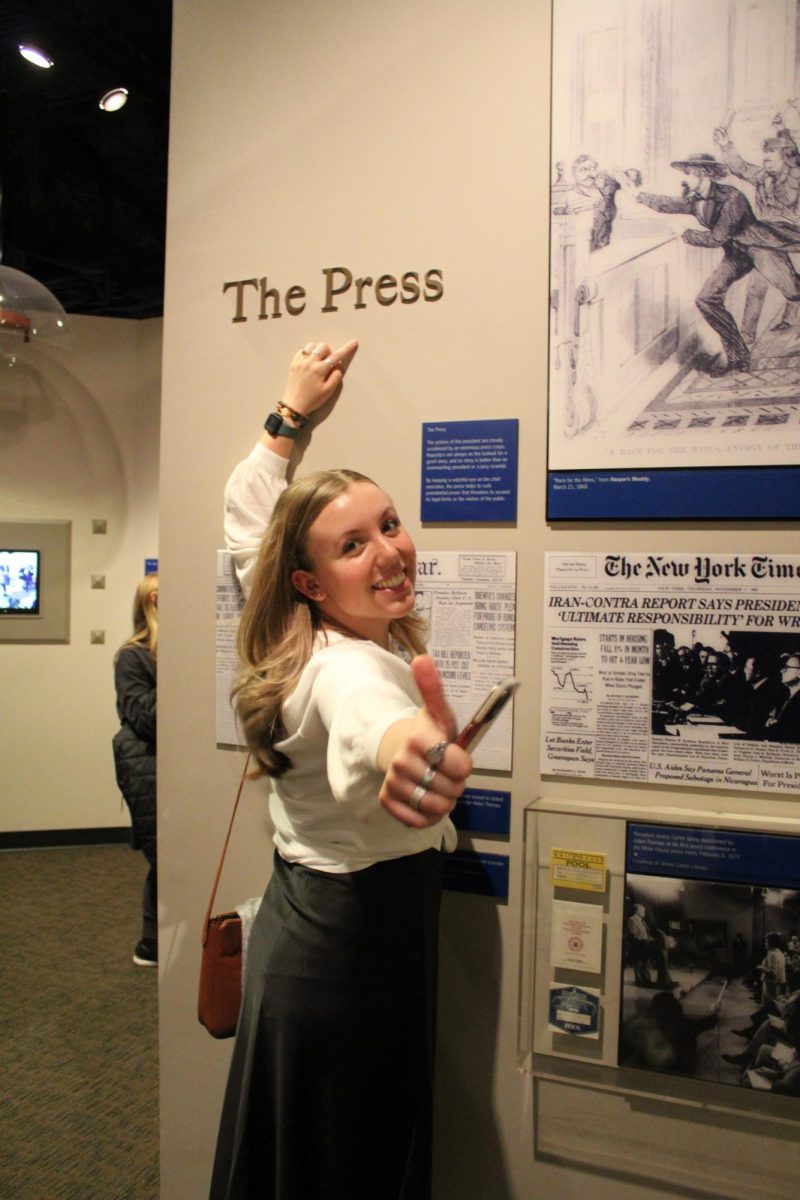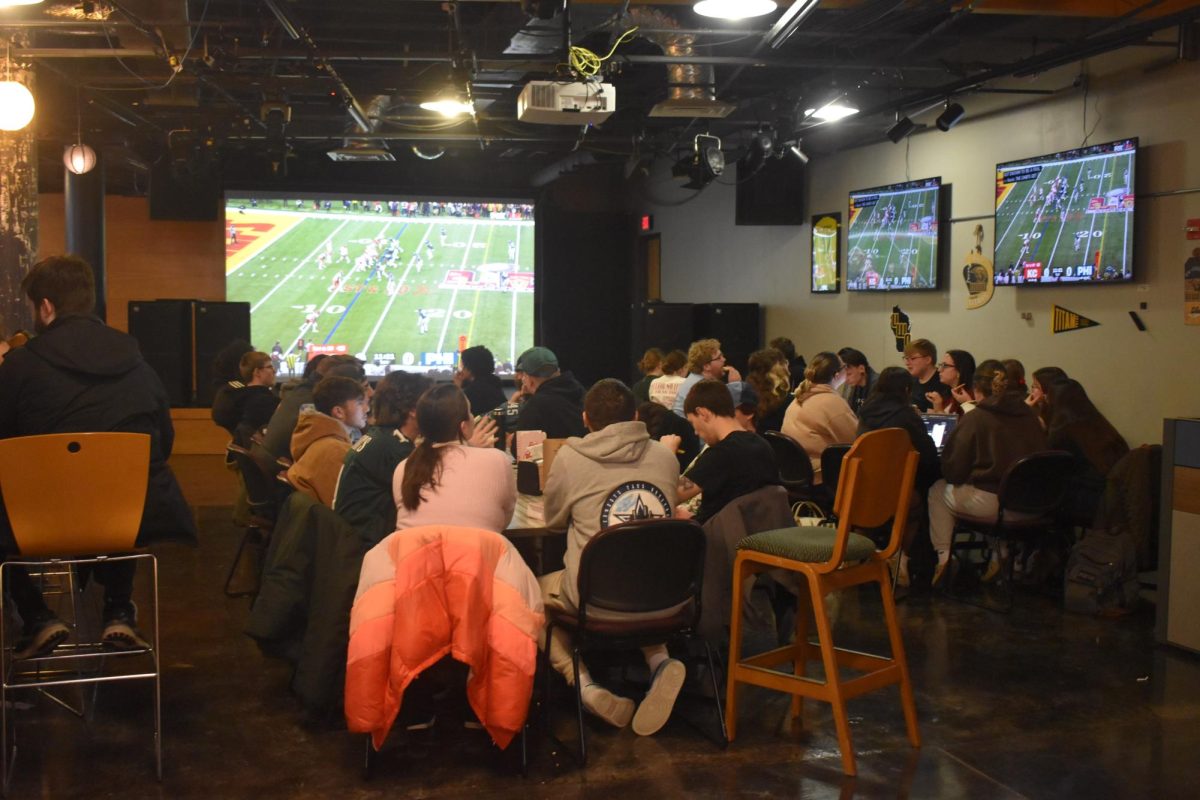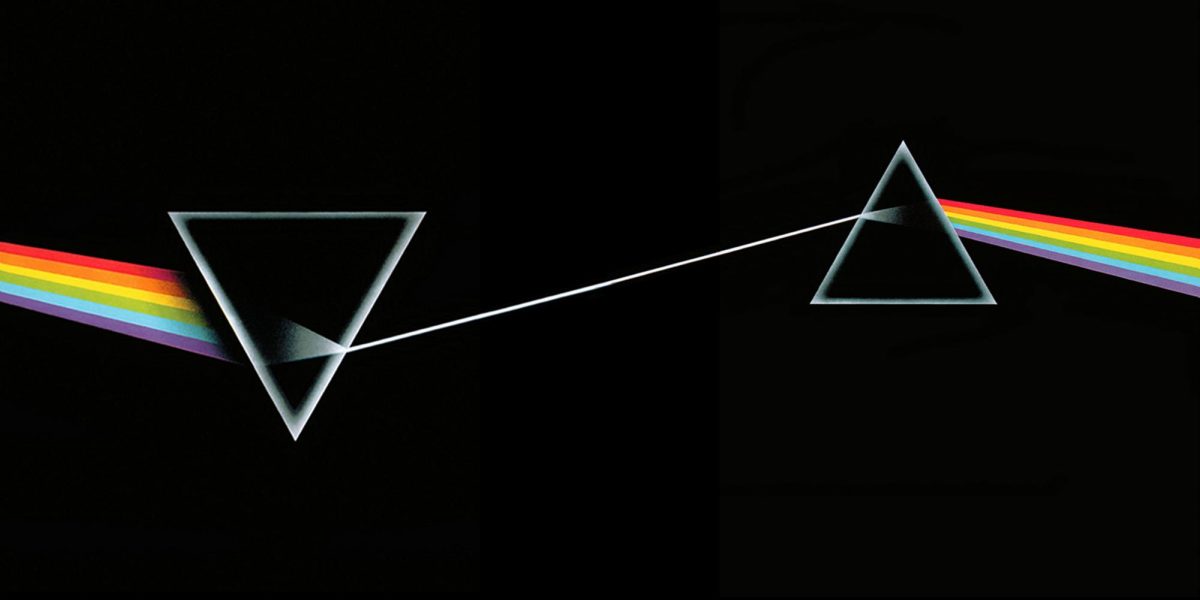Generation gaps have been around forever and are definitely no new feat, but today’s gaps have led to disconnection between some of the people in our society.
The common term “millennials” describes people who are now reaching or in their early 20s. Time magazine listed the millennial generation as people born between the years 1980 and 2000.
There is a lot of negative stigma that comes with the term millennial. Just about everyone has seen, heard of or has their own stereotypical millennial in their mind when they hear the term.
Millennials are often referred to as self-centered, narcissistic, conceited, ignorant, arrogant, rude — the list goes on and on.
Of course there are bad eggs in this generation, but these criteria don’t match all of the members within it.
Unfortunately, the few who portray themselves in a negative light create a stigma and stereotype for the rest of the group.
Although there is much negativity attached to this generation, they have been known to be quite the opposite of negative.
It can be argued that this younger generation is more open-minded and accepting than any generation before it.
So much change has been proposed in regard to certain social issues due to the fact that the open-mindedness within this group is unmatched. This isn’t undermining movements in the past, but the speed and quantity of the change speaks for itself.
Just as the actions of the negative outweigh the good for this generation, the same goes for past generations as well.
Of course, there were people in past generations who were extremely open-minded just as there are today. So when looking back, the negative opinions we hear about today probably doesn’t reflect the entirety of the generation.
Millennials are defined on whatis.techtarget.com, and one of the attributes given to the group is that their feelings towards the future tend to be more positive than that of previous generations.
“They are often seen as slightly more optimistic about the future of America than other generations — despite the fact that they are the first generation since the Silent Generation that is expected to be less economically successful than their parents,” the post said.
This optimism can sometimes lead to unrealistic expectations in life and therefore a certain disillusionment can occur. Millennials often go through college to graduate and find themselves working in fields unrelated to their newly earned degree.
Millennials are the first generation to have been born and raised in a world based upon electronics, giving them an advantage when dealing with new technology.
This group adapts more easily to these technologic changes than generations before them and are the most savvy with social media.
This vast use of social networking that is taking over the world is something that millennials can hop on board with. The largest population of social media users is unsurprisingly millennials.
This familiarity with technology has allowed people to stay connected, up to date with events and each other and make it even easier for them to come together and make a difference.
Although there are jokes and stereotypes about millennials and everyone likes to pick on them, a lot of people can see their potential.
Shama Hyder’s article, ‘Study Reveals Surprising Facts About Millennials In The Workplace’ from Forbes stated that a majority of people not considered to be millennials acknowledge the fact that these people are an asset to society, specifically the workplace.
“74 percent of nonmillennials agree that millennials bring valuable new skills to the workplace, including technological skills,” Hyder wrote.
There are bad eggs in every generation, so why does this one have to receive so much flak? This isn’t a new tradition, but ragging on the young folk is something that this generation has to understand as well.
The point is that not all millennials are entitled, narcissistic, odd kale-smoothie-drinking, avocado-obsessed, iPhone-using, social-media-addicted morons. This will be the generation that will be leading the nation someday, so let’s help guide them in the right direction rather than ganging up on them and forming negative stereotypes about them.













